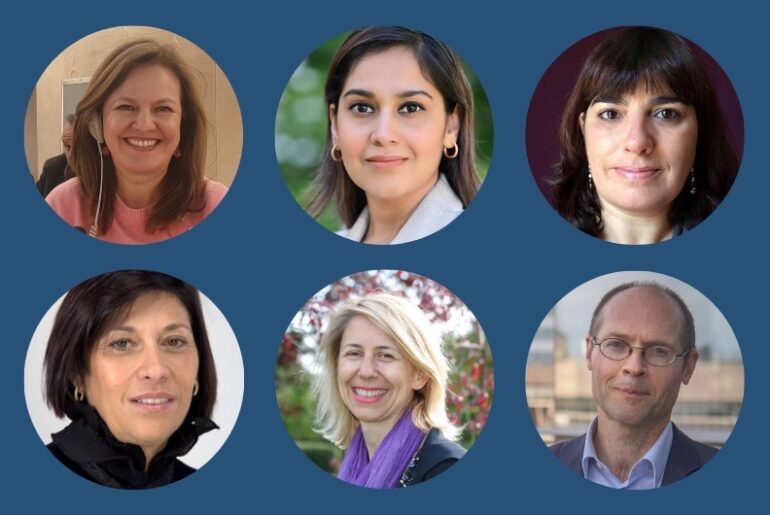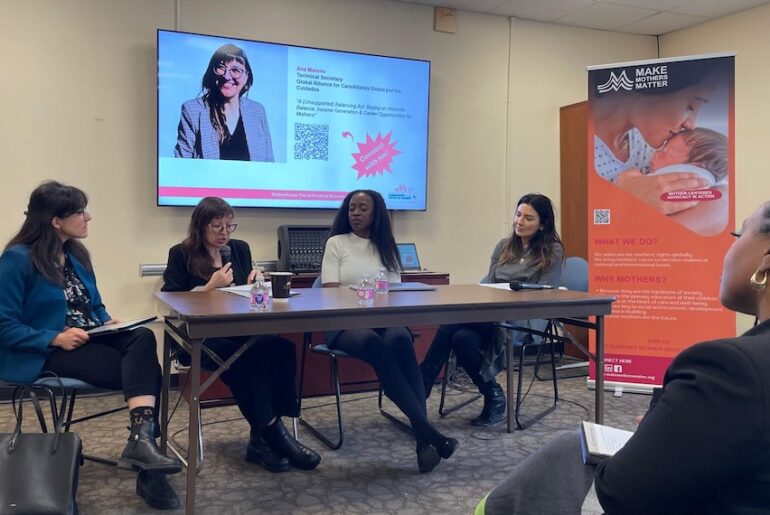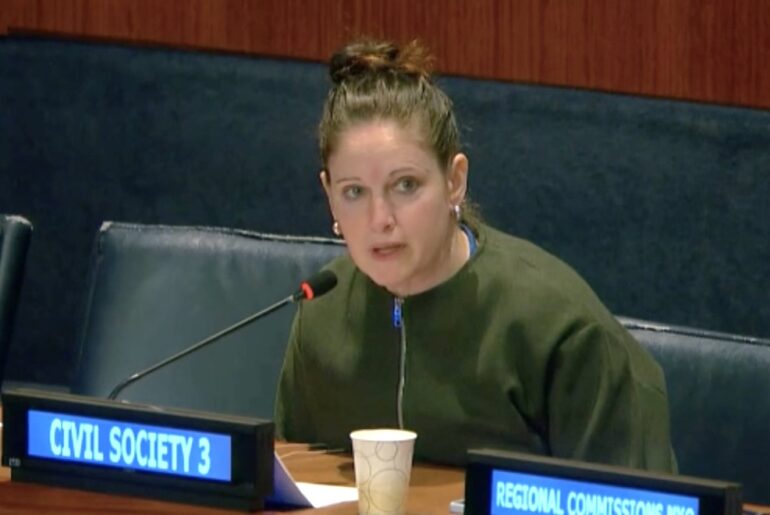Mothers and Peace – Book launch
21.09.21
On International Day of Peace, we are celebrating the launch of Mères et Paix (Mothers and Peace), a book by our MMM colleague Pauline Ambrogi. Pauline holds a doctorate in contemporary history and is a writer and poet, and MMM representative at UNESCO.
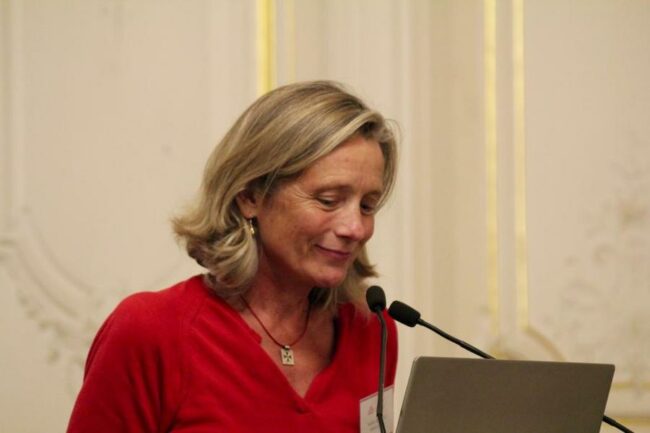
What do mothers from around the world have to say about peace?
Interviewed by Pauline, their inspiring contributions highlight the very important role mothers play in passing the values of peace within their family, their communities and ultimately society as a whole.
Published by L’Ecole de guerre, the book is supported by Nobel Peace Prize winner Dr Denis Mukwege, whose words throw open the pages of the book:
“We are all involved. Everyone has a responsibility to contribute every day, through small and large acts, to maintaining peace in their family and in society”.
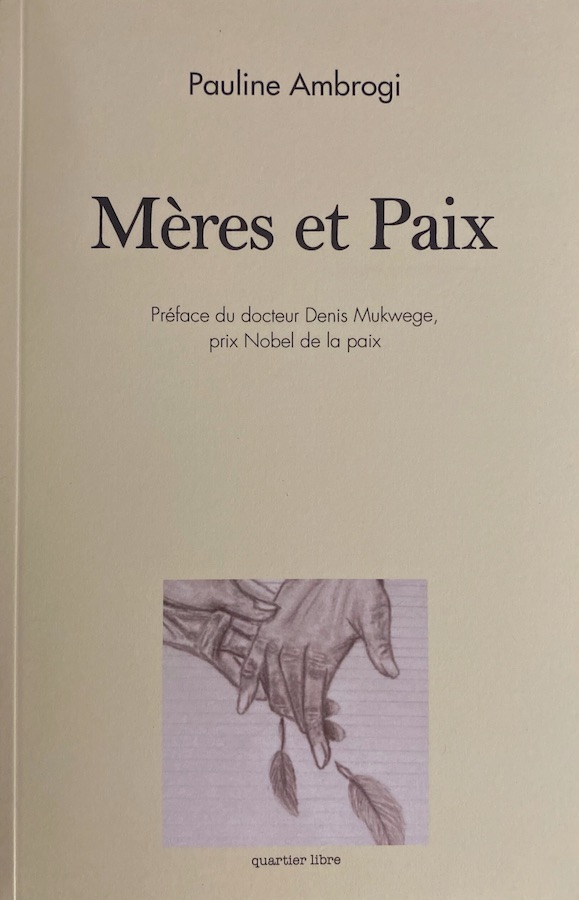 In tackling the book’s topic, Pauline poses some key questions:
In tackling the book’s topic, Pauline poses some key questions:
- What role do mothers play in peace building?
- How do they act within the family, society and institutions?
- What is peace for these mothers?
- Is peace only for mothers?
- And what about men in all this?
In a world that cares little for human beings, mothers are not afraid to break laws or the established order to save lives. Building a peaceful world is not unique to mothers, but thanks to their direct relationship with life and their mission as first educators, they show a special sensitivity that must be heard.
Sacrificing, forgiving, freeing the word, resisting, knowing, communicating, training, educating, caring, daring – this is what these mothers do, working in silence in the midst of chaos.
Seventy-five of them, from forty countries, have testified to show their commitment with conviction.
Overview
Mères et Paix is a book that fights against the indifference and contempt of all those who physically or psychologically denigrate mothers, by acts or by words.
Although imperfect, mothers are the first educators of their children and pass on the values that they consider indispensable. Training, empowerment, education, transmission, care, mutual aid, knowledge of rights, justice, truth, self-esteem, trust, love, family, are words that these 75 mothers regularly used to evoke peace, even though they do not all speak the same language, have different levels of language, come from different social, cultural, ethnic and religious backgrounds, have different education, lifestyles and traditions.
Mothers play a role at the family level, but they also play a role at the community, national and international levels. Mothers have the capacity to overlook the settings of family, professional and public spaces, because for them, there are no borders.
Order a copy here – We hope that an English version of the book will be available soon – we will keep you updated.
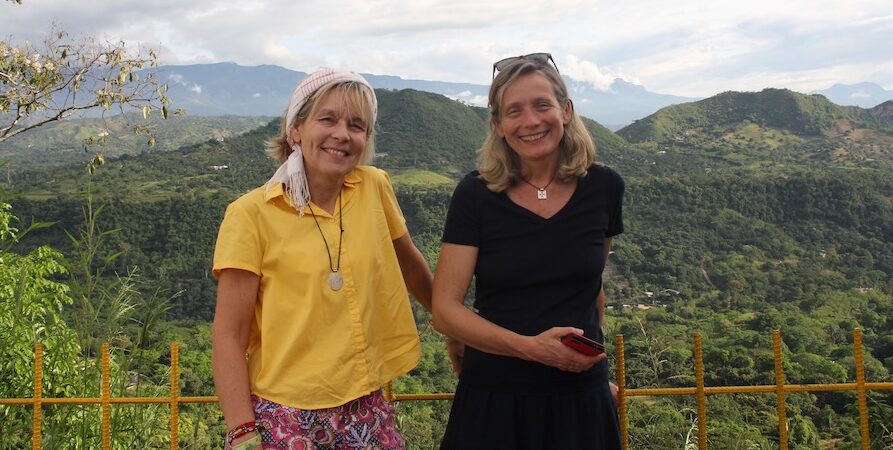
Photo above: Pauline Ambrogi, author of Mothers and Peace (right), in Colombia with Cécile de Laage, who took many of the book’s photographs
Mothers, unpaid care work and global crises – connecting the dots
02.07.24
UN New York / HLPF - Register now to join us online at this year’s High Level Political Forum side-event.
Time Poverty and the Motherhood Penalty
Unveiling Economic and Social Injustices
09.07.24
Mothers play an essential role in families by ensuring their loved ones are nourished, educated, and healthy, but their unpaid care work often leads to economic and social injustices, known
Envisioning care as a common thread to global crises
29.07.24
UN New York - Our virtual HLPF side-event brought together experts to shed light on how the various global crises we face (in particular climate change and other environmental crises,
